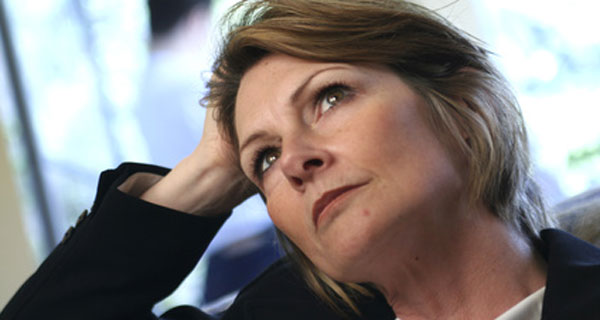In many cases, visual loss or eye pain is due to a problem with the eyes themselves and I usually recommend that before consulting a Neurologist you get your eyes properly assessed. This would mean seeing someone who is an Eye Specialist Doctor or Ophthalmologist and a referral would need to be made by your GP. In an emergency you can get your eyes assessed at a hospital with an ‘eye casualty’ (eg Sussex Eye Hospital in Brighton).
There are many medical disorders such as diabetes, thyroid disease, infections, nutritional deficiencies, drugs, alcohol and medications that can affect the function of the eyes.
In my opinion the sort of examination that is carried out at a High Street Optician (although useful as a screening test) is at quite a basic level and I believe that opticians may be able to pick up physical signs but are not qualified to make medical diagnoses nor recommend treatment.
There are many neurological disorders that can cause eye symptoms. Perhaps migraine is the most common of these, but there are also many serious neurological conditions that can cause symptoms such as headaches, blurred vision, double vision, loss of parts of the visual field, pupil abnormalities and drooping eye lids (ptosis). A combination of any of these symptoms should raise the possibility of an underlying neurological problem even if the High Street Optician eye examination is normal. There are also some neurological disorders that can affect how the brain interprets signals from the eyes and these disorders may manifest in bizarre symptoms with, for example, problems with perception, visual orientation/recognition, or cause visual hallucinations.
It is not possible for me to list here all the potential neurological disorders that can affect the eyes but the following web link provides information about some of the more frequently encountered conditions:-
http://library.med.utah.edu/NOVEL/patient/portal
As part of the Sussex Eye Hospital service in Brighton and Haywards Heath we are fortunate to have a number of Consultant Ophthalmologists with a specialist interest in neuro-eye disorders as well as a recently appointed Consultant Neurologist with a specialist interest in disorders of vision (Dr Sarah Cooper). Dr Cooper does a specialist clinic for monitoring patients with Idiopathic Intracranial Hypertension (IIH) and related disorders. I also work closely with the Specialist Eye Clinic at Queen Victoria Hospital, East Grinstead.
For more information about Neuro-Eye disorders see my Quick Links webpage


